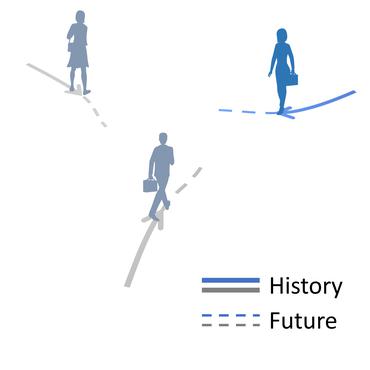CLIMAT: Clinically-Inspired Multi-Agent Transformers for Knee Osteoarthritis Trajectory Forecasting
In medical applications, deep learning methods are built to automate diagnostic tasks. However, a clinically relevant question that practitioners usually face, is how to predict the future trajectory of a disease (prognosis). Current methods for such a problem often require domain knowledge, and are complicated to apply. In this paper, we formulate the prognosis prediction problem as a one-to-many forecasting problem from multimodal data. Inspired by a clinical decision-making process with two agents -- a radiologist and a general practitioner, we model a prognosis prediction problem with two transformer-based components that share information between each other. The first block in this model aims to analyze the imaging data, and the second block leverages the internal representations of the first one as inputs, also fusing them with auxiliary patient data. We show the effectiveness of our method in predicting the development of structural knee osteoarthritis changes over time. Our results show that the proposed method outperforms the state-of-the-art baselines in terms of various performance metrics. In addition, we empirically show that the existence of the multi-agent transformers with depths of 2 is sufficient to achieve good performances. Our code is publicly available at \url{https://github.com/MIPT-Oulu/CLIMAT}.
PDF Abstract


